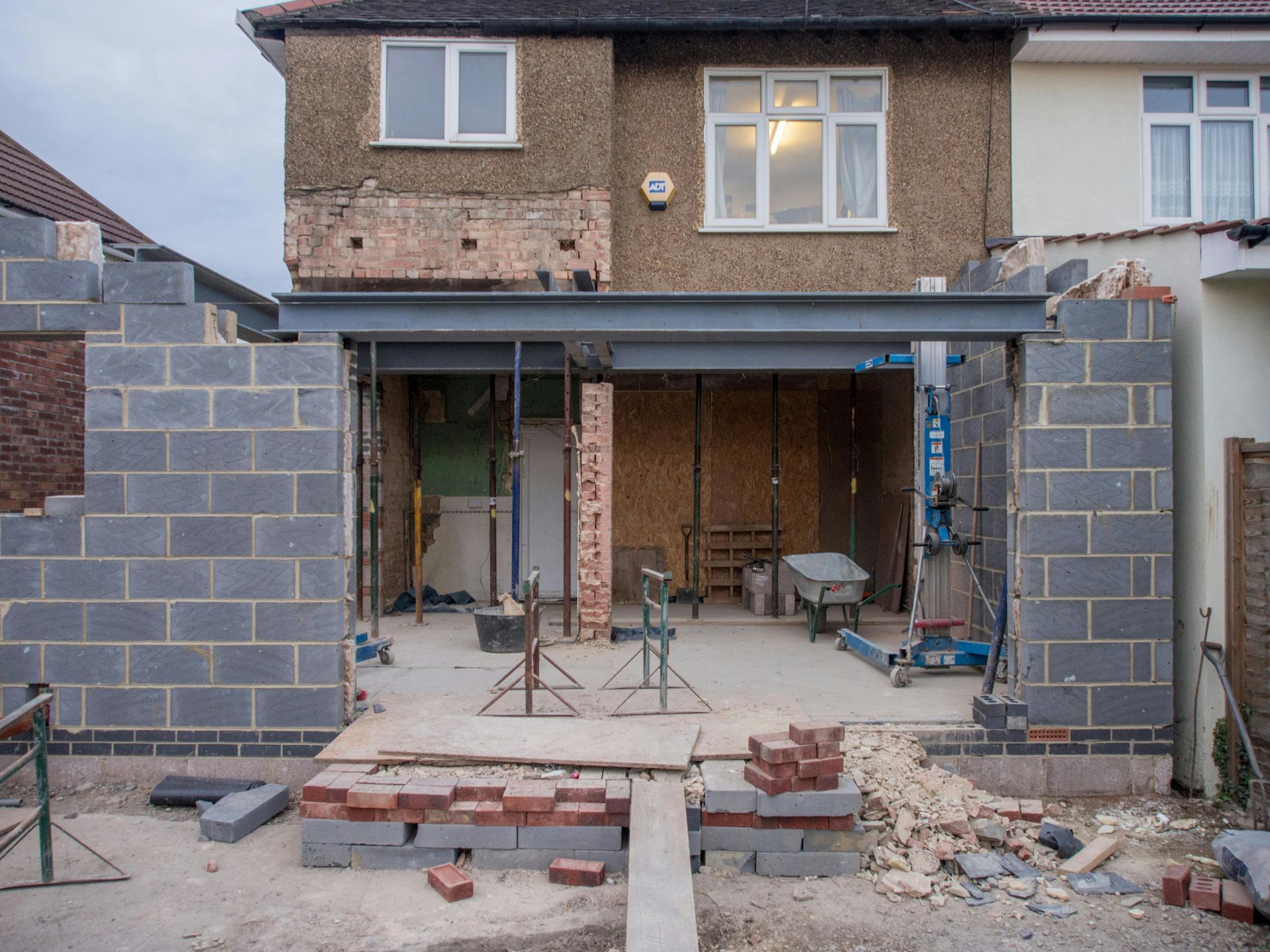Buying Property in France as a Brit: What You Need to Know in 2025
If you’re a British national dreaming of a life in the French countryside or eyeing an investment in a Provençal villa, you’re not alone. But post-Brexit changes, currency considerations, and French lending rules make financing that dream more complex than it once was.
This guide walks you through everything you need to know—from mortgage options and deposit requirements to notaire fees and exchange rates.
💶 Can Brits Still Buy Property in France?
Yes—British citizens can absolutely still buy in France.
While you’re now considered a non-EU buyer, ownership rights remain unchanged. The main differences post-Brexit relate to:
- Residency & stay duration
- Tax liabilities
- Lending criteria with French banks
Most Brits buying in 2025 are either:
- Relocating full-time
- Buying second homes
- Investing in buy-to-let or holiday lets
🏦 Mortgage Options for Brits in France
As a Brit, you have two core options:
1. French Mortgages (Local Lending)
- Borrow directly from a French bank
- Loans typically in euros
- Up to 80–85% LTV for residents, 70–75% for non-residents
- Repayment periods up to 25 years
- Interest-only is rare
Documents you'll need:
- Proof of income (payslips, self-employed accounts)
- UK tax returns
- Debt-to-income ratio under 33%
- Proof of deposit
- ID and address verification
⏳ Approval timelines are longer than in the UK, often 6–10 weeks.
2. UK-Based Lending for Overseas Property
Some UK lenders or international banks offer euro or GBP loans secured against overseas properties, but:
- Rates are typically higher
- Loan-to-value is usually lower
- Often requires assets or property in the UK as collateral
Ideal if:
- You want to avoid French bureaucracy
- You’re using it for short-term purposes
- You need speed and flexibility
📊 Currency & FX Risk
Buying in euros while earning in GBP exposes you to currency fluctuation risk.
Example:
- You agree to pay €300,000
- The exchange rate is 1.15 → £260,870
- If it drops to 1.10 → now £272,727
- That’s an extra £12k cost just from FX changes
💡 Solution: Use forward contracts to lock in rates with a currency broker.
🏡 Typical Costs When Buying in France
Here’s what to factor in beyond the sale price:
- Deposit: 20–30% typical for non-residents
- Notaire Fees: 6–8% of the purchase price
- Agency Fees: Usually included in listing but clarify
- Legal translation services (optional but helpful)
- Mortgage setup & broker fees
- FX fees or spread
📃 Role of the Notaire
A French notaire is not just a lawyer—they're a public official who:
- Drafts the sale contract
- Handles due diligence
- Collects taxes and registers ownership
They represent the transaction, not the buyer or seller individually.
📝 You can appoint a second notaire (at no extra cost) to act solely for you.
🌍 Residency and Tax Considerations
- UK residents can stay up to 90 days in 180 without a visa
- If living full-time, a long-stay visa or carte de séjour is required
- You may be taxed in both countries—plan accordingly
- Wealth and inheritance tax rules differ significantly
Willow’s team can help coordinate advice with UK and French tax specialists.
🔐 How Willow Helps British Buyers in France
We work with both UK-based and French lenders to find the most suitable mortgage structure, taking into account:
- Deposit amount
- Income source and currency
- Purpose of purchase (holiday home vs. investment)
- Speed of access to funds
- FX strategy
We’ll also guide you through the admin—from paperwork and property checks to notaire coordination and payment structuring.
📞 Want Help Navigating Today’s Market?
Book a free strategy call with one of our mortgage specialists.
We’ll help you find the smartest way forward—whatever rates do next.
Important: Your home or property may be repossessed if you do not keep up repayments on a mortgage or any other loan secured against it. Think carefully before securing other debts against your home. Some buy-to-let, commercial, and bridging loans are not regulated by the Financial Conduct Authority. Equity release may involve a lifetime mortgage or home reversion plan—ask for a personalised illustration to understand the features and risks. The content of this article is for general information only and does not constitute financial or legal advice. Please seek advice tailored to your individual circumstances before making any decisions.










